As a homeowner, I’ve always believed that the exterior of your home is just as important as the interior. One of the most striking design elements you can add to your home is an exterior decorative gable truss. In this guide, I’ll share everything I’ve learned about these stunning architectural features, how they can enhance your home’s curb appeal, and tips for choosing the right truss for your style.
What is a Decorative Gable Truss?
A decorative gable truss is a structural and aesthetic element that adds a unique touch to the top of your home’s exterior. Found commonly in residential architecture, particularly in craftsman, Gothic, and traditional designs, gable trusses serve both functional and aesthetic purposes. They are often placed within the triangular upper part of a wall, known as the gable, and can be made from various materials.
Benefits of Decorative Gable Trusses
1. Enhanced Curb Appeal
Firstly, decorative gable trusses provide a unique characteristic that can distinguish your home from others in your neighborhood. Whether you are aiming for a rustic look or a modern touch, these trusses are versatile enough to suit any design aesthetic.
2. Increased Property Value
Investing in decorative gable trusses can potentially boost your property’s value. Homes with distinctive exterior designs often attract higher offers during resale.
3. Architectural Interest
Adding trusses creates visual intrigue, drawing the eye upward and emphasizing the height of your structure. It adds depth to flat facades.
Types of Decorative Gable Trusses
1. Traditional Gable Trusses
Traditional gable trusses have a classic look and are often used in colonial and Victorian homes. They typically feature intricate woodwork and detailing.
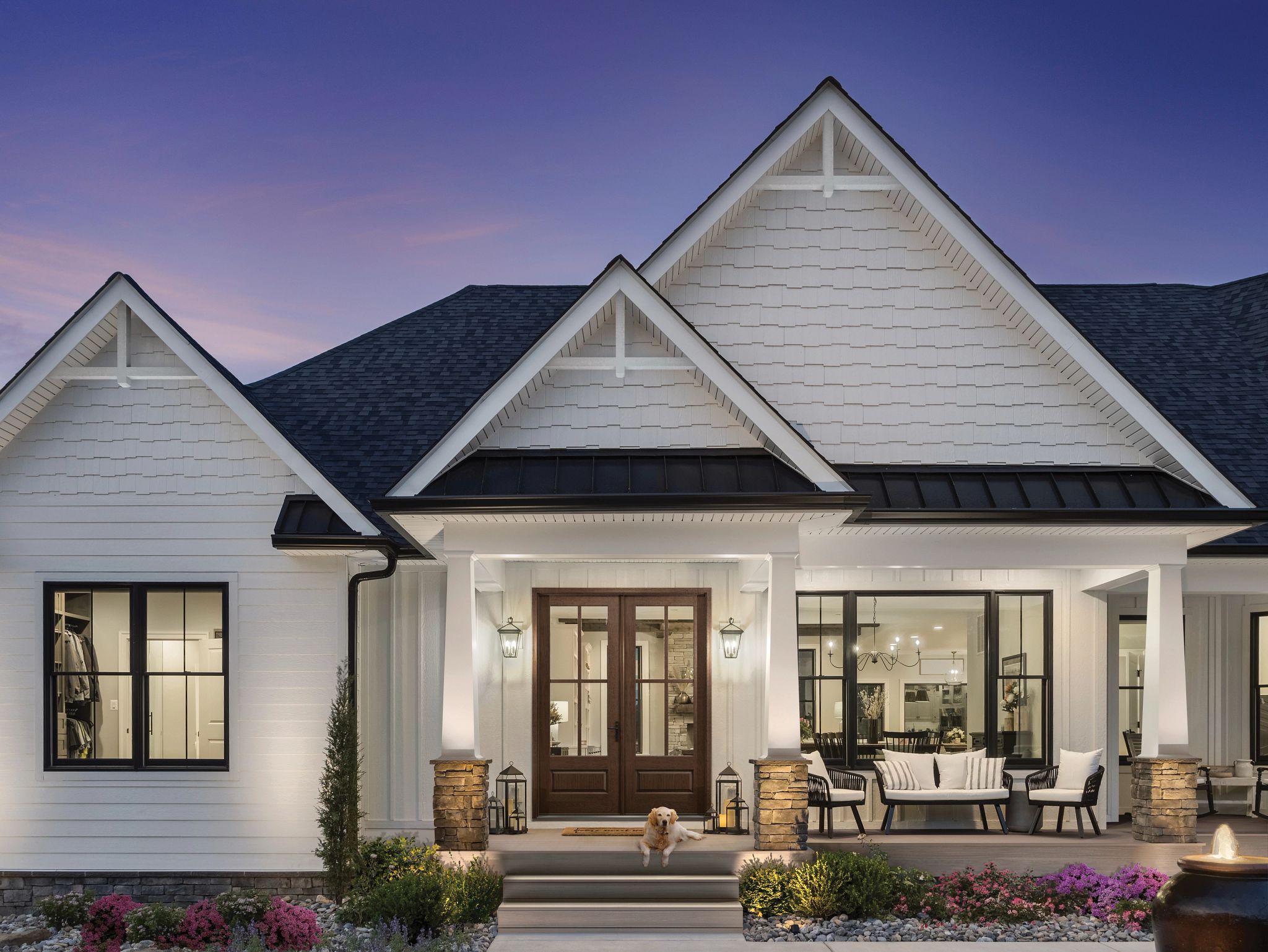
2. Craftsman Gable Trusses
Craftsman-style gable trusses are characterized by their simplicity and use of natural materials. They often feature exposed rafters and clean lines.
3. Modern Gable Trusses
Modern gable trusses embrace geometric shapes and sleek designs, often incorporating metals and less traditional materials for a contemporary appeal.
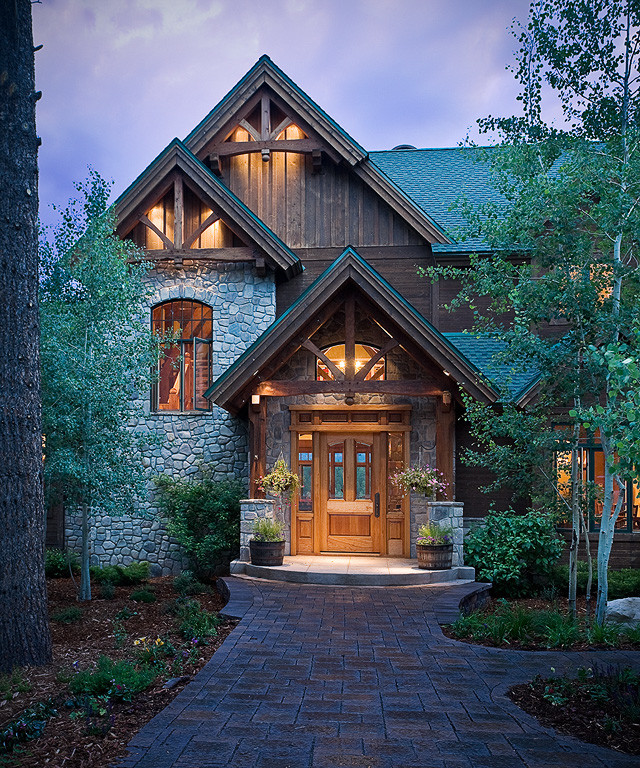
Choosing the Right Material
1. Wood
Wood is the most common material for gable trusses, offering a classic appeal. It’s also easily customizable.
Pros of Wood:
- Aesthetic flexibility
- Natural insulation properties
- Easy to work with and customize
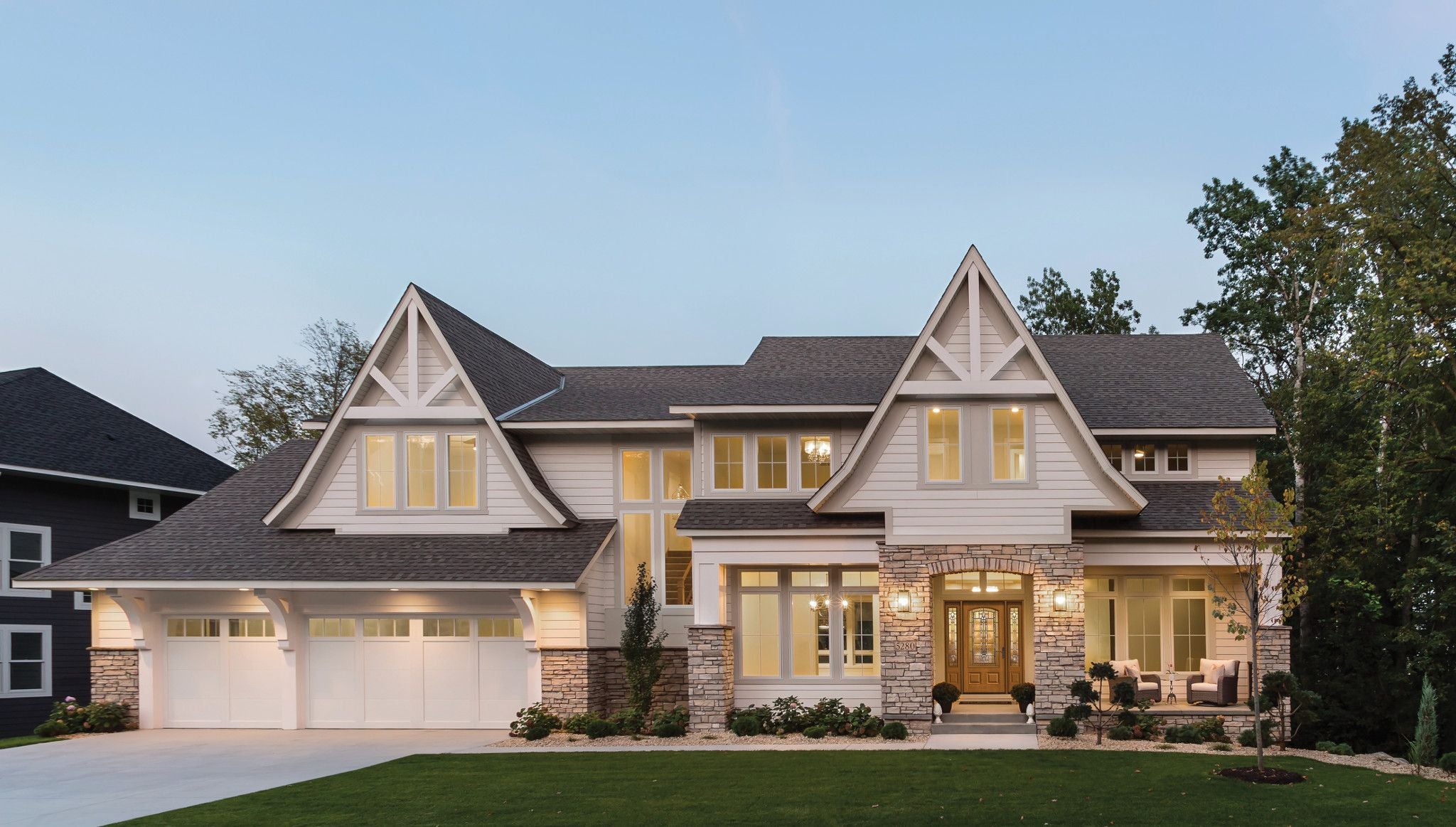
Cons of Wood:
- Susceptible to rot and pests
- Requires maintenance
2. Metal
Metal trusses are durable and can withstand harsh weather conditions. They are often used in modern designs.

Pros of Metal:
- Highly durable
- Low maintenance
- Fire resistant
Cons of Metal:
- Can be expensive
- Less aesthetic flexibility
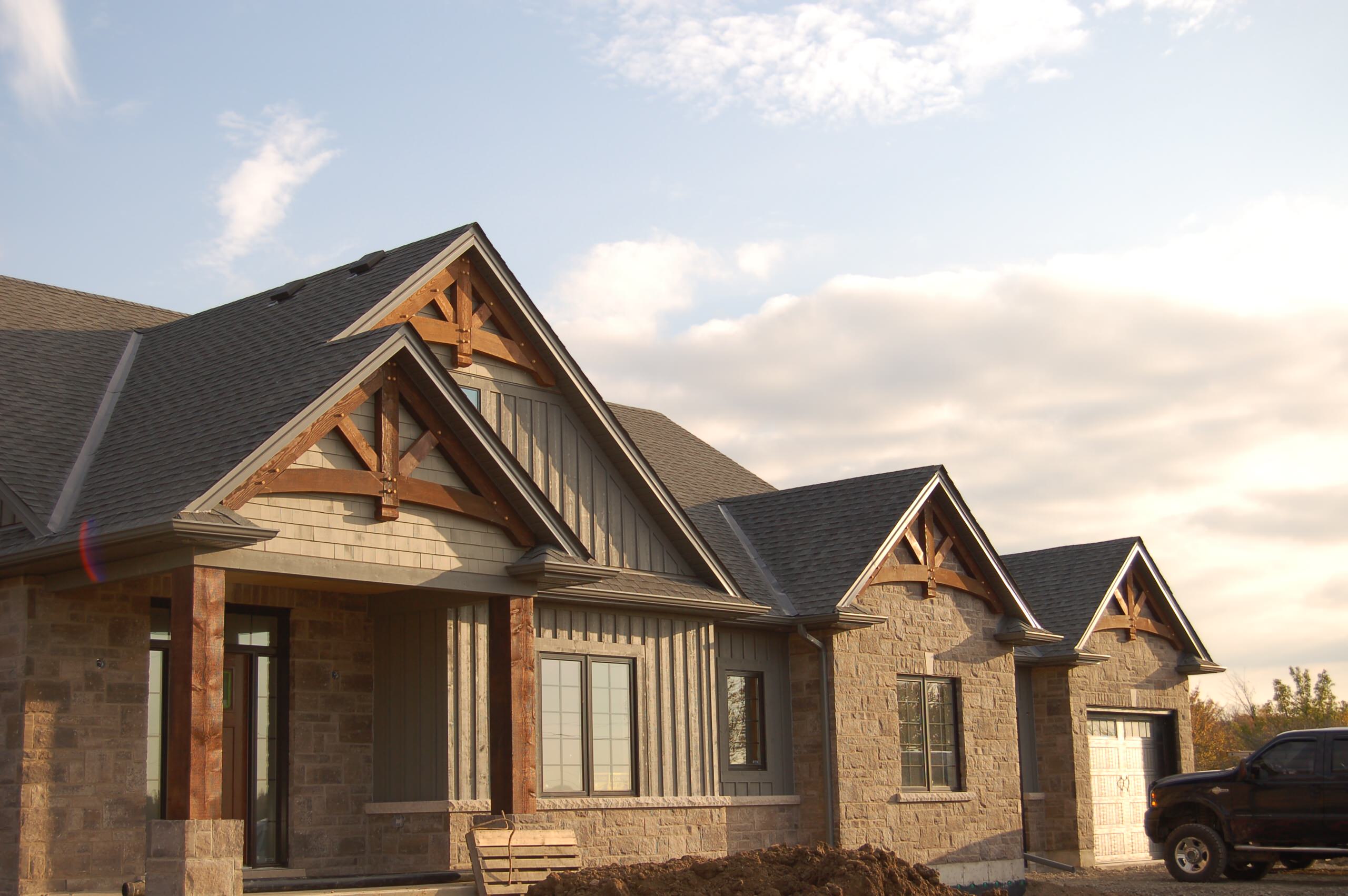
3. Composite Materials
Composite materials provide a balance of durability and aesthetic appeal. They often mimic the look of wood without the drawbacks.
Pros of Composite Materials:
- Durable and weather resistant
- Low maintenance
- Available in various styles
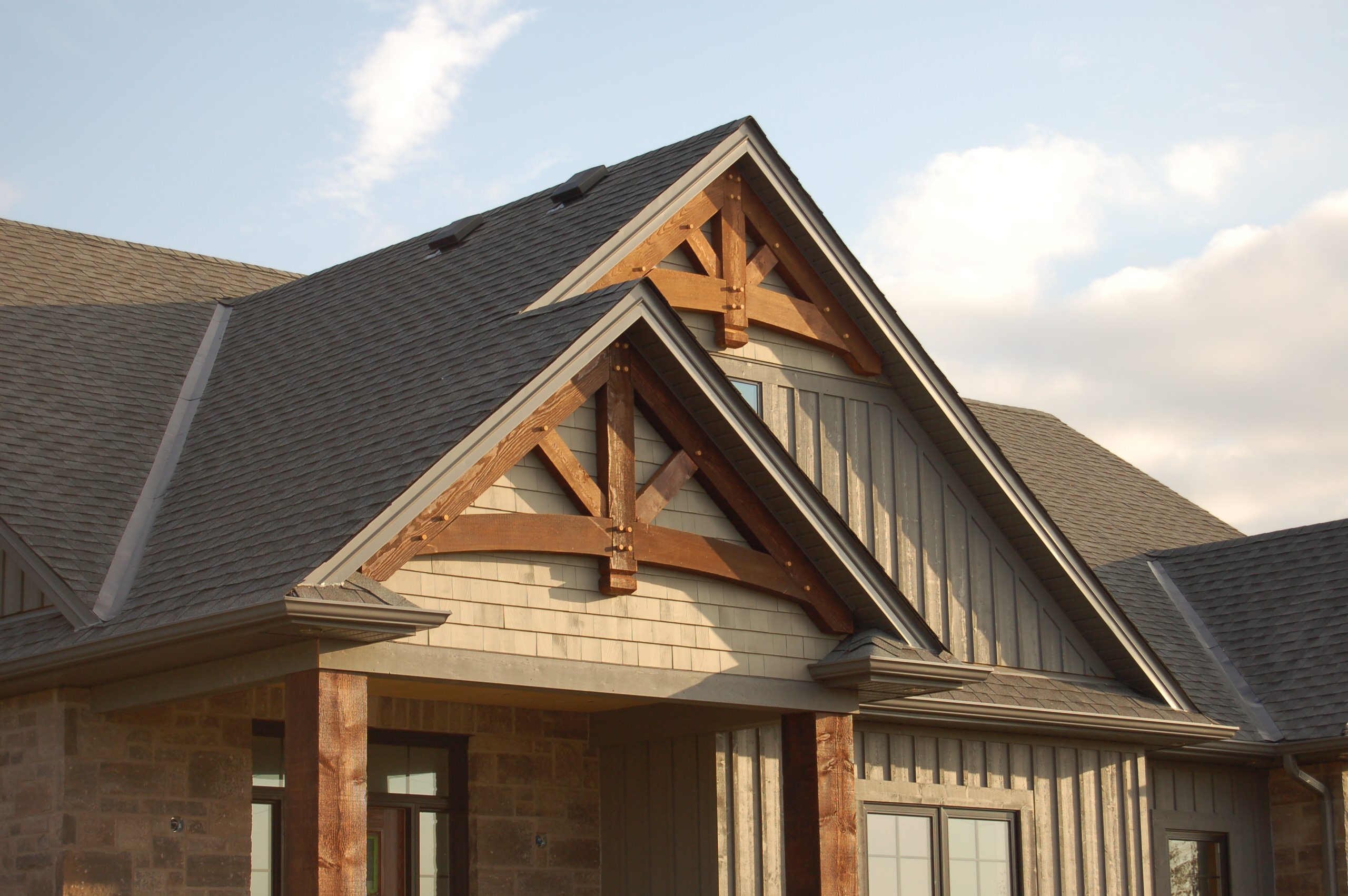
Cons of Composite Materials:
- May not have the same authentic feel as wood
- Can be more costly than wood
Installation Tips for Decorative Gable Trusses
Installing decorative gable trusses can be a DIY project or a professional task, depending on your skill level. Here are some tips based on my personal experience:
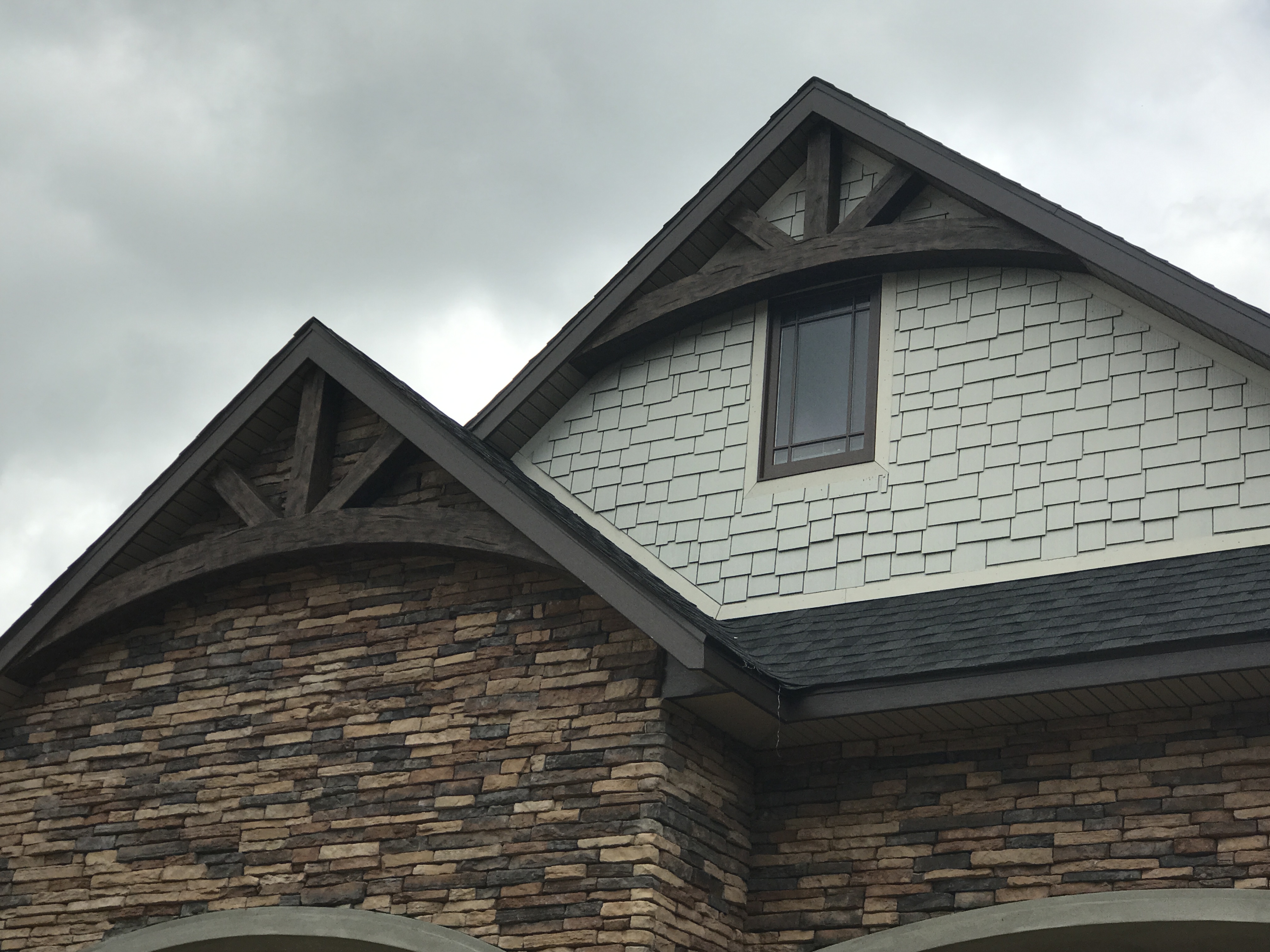
1. Measure Accurately
Ensure you have precise measurements of the area where you intend to install the truss. This will help avoid costly mistakes.
2. Choose the Right Style
Select a style that complements your home’s architecture. I once chose a truss that was beautiful but ultimately conflicted with the style of my home.
3. Use Proper Materials
Investing in high-quality materials will ensure the longevity of your trusses. It’s worth the extra cost upfront.
4. Consider Professional Help
If you’re unsure about your abilities, hiring a professional is a wise investment. Your peace of mind is invaluable.
Comparison Table of Decorative Gable Truss Materials
| Material | Durability | Maintenance | Cost | Aesthetic Flexibility |
|---|---|---|---|---|
| Wood | Moderate | High | Moderate | High |
| Metal | High | Low | High | Moderate |
| Composite | High | Low | High | High |
Frequently Asked Questions (FAQs)
1. How much do decorative gable trusses cost?
The cost of decorative gable trusses varies widely based on materials, size, and style. On average, you can expect to spend between $500 to $2,500 per truss.
2. Can I install decorative gable trusses myself?
Yes, but only if you feel comfortable with DIY projects. Otherwise, hiring a professional is recommended.
3. What styles of homes benefit from decorative gable trusses?
Almost any style of home can benefit, but they are particularly suited for Craftsman, Colonial, and Victorian designs.
4. How do I maintain my decorative gable trusses?
Maintenance depends on the material. Wooden trusses may require staining and sealing, while metal and composite options typically demand less upkeep.
5. Do decorative gable trusses add to my home’s value?
Yes, they can enhance your home’s curb appeal and potentially increase its market value.